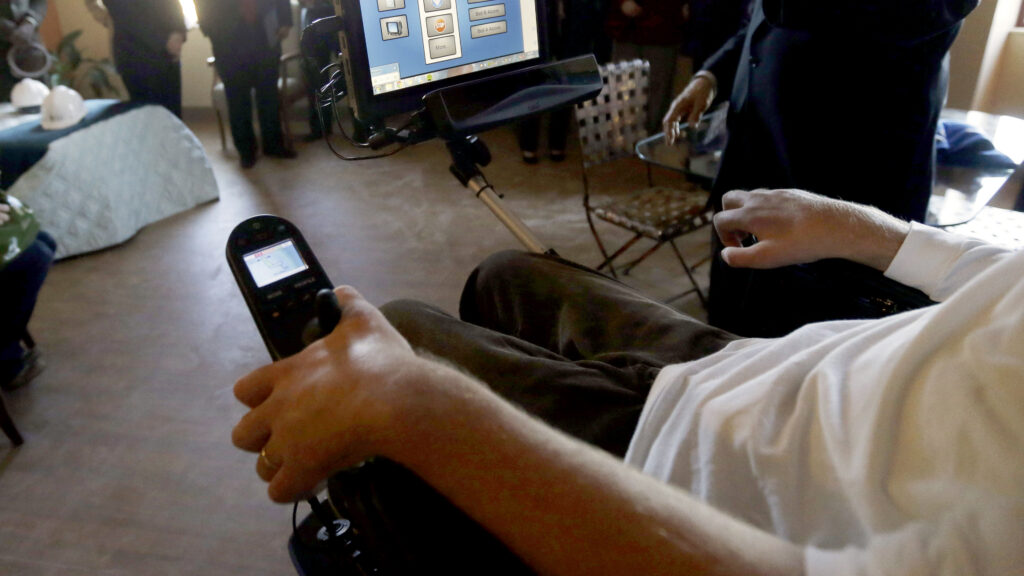In 2013, Google announced it would attempt to understand and ultimately slow aging through a company called Calico, a moonshot effort that would absorb at least $3.5 billion in funding, spawn rampant speculation, and generate dozens of academic papers but deliver few tangible results — until Monday.
The first data have now emerged from a drug Calico developed. It failed.
advertisement
The pill, known as fosigotifator, was not designed to slow aging itself. The Food and Drug Administration does not consider aging a disease and it would be incredibly costly and time-consuming to even attempt to prove that a drug extends lifespan — so most so-called “longevity” companies have started by tackling specific age-related diseases.
STAT+ Exclusive Story
Already have an account? Log in


This article is exclusive to STAT+ subscribers
Unlock this article — plus daily coverage and analysis of the biotech sector — by subscribing to STAT+.
Already have an account? Log in
To read the rest of this story subscribe to STAT+.

